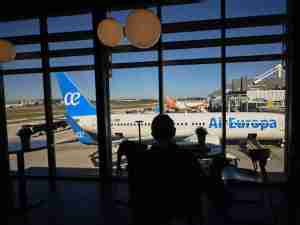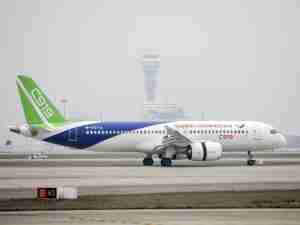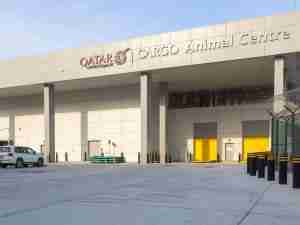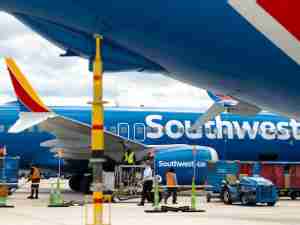Europe’s legacy airlines, including Air France-KLM, International Airlines Group and Lufthansa, are pushing for weaker aviation emissions policies despite publicly communicating net-zero 2050 ambitions, according to a new report from a climate change think tank.
InfluenceMap, a nonprofit that researches corporate lobbying on climate policy, found large airlines in the region and their trade associations have actively campaigned against the EU’s regulations to curb global warming and emissions.
The EU’s “Fit for 55” package, which sets a 55% reduction target for commercial aviation emissions by 2030, proposes a number of measures to decarbonize aviation.
Referencing annual reports, position papers, and documents obtained by Freedom of Information Act requests, the report found Air France-KLM advocated against an EU-wide kerosene tax, a levy that Lufthansa and IAG also opposed, while IAG lobbied for a sustainable aviation fuels (SAF) mandate to be limited to flights within the bloc.
The report also noted that the UK’s Air Passenger Duty was opposed by many legacy carriers as well as low-cost airlines, but the latter appeared more open to expanding flights that must comply with the EU emissions trading system and SAF requirement.
In order to meet the Paris climate agreement’s stretch goal of limiting global warming to 1.5 degrees Celsius, the aviation industry must shift toward more sustainable fuels and reduce customer demand, the report said, citing an assessment from the United Nations’ Intergovernmental Panel on Climate Change in April. Compared with cars, aviation is more difficult to decarbonize as large electric or hydrogen powered aircraft are still several years away.
The authors warned the EU’s compliance with the Paris Agreement is at risk as air passenger traffic grows back to pre-pandemic levels.
Aviation is one of Europe’s most carbon-intensive modes of transport. Long-haul journeys account for just 6% of EU flights but 52% of the bloc’s total aviation emissions. Significant increases in air travel have doubled EU international aviation sector emissions from 1990 to 2019.
In response to the InfluenceMap report, IAG, which owns brands including Iberia, British Airways, and Aer Lingus, said it’s committed to decreasing carbon emissions. “IAG was the first European airline group to commit to powering 10% of its operations with sustainable aviation fuel by 2030,” a spokeswoman said. “The group has committed $865 million in SAF purchases and investments over the next 20 years.”
A spokesman for Air France-KLM disagreed with the report’s findings, saying the airline “is not opposed to the FitFor55 European regulation and supports EU Climate goals.”
Lufthansa did not immediately respond to a request for comment.











